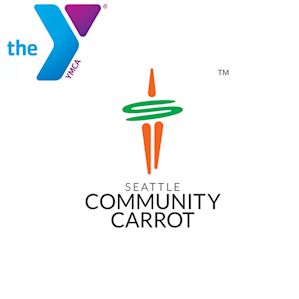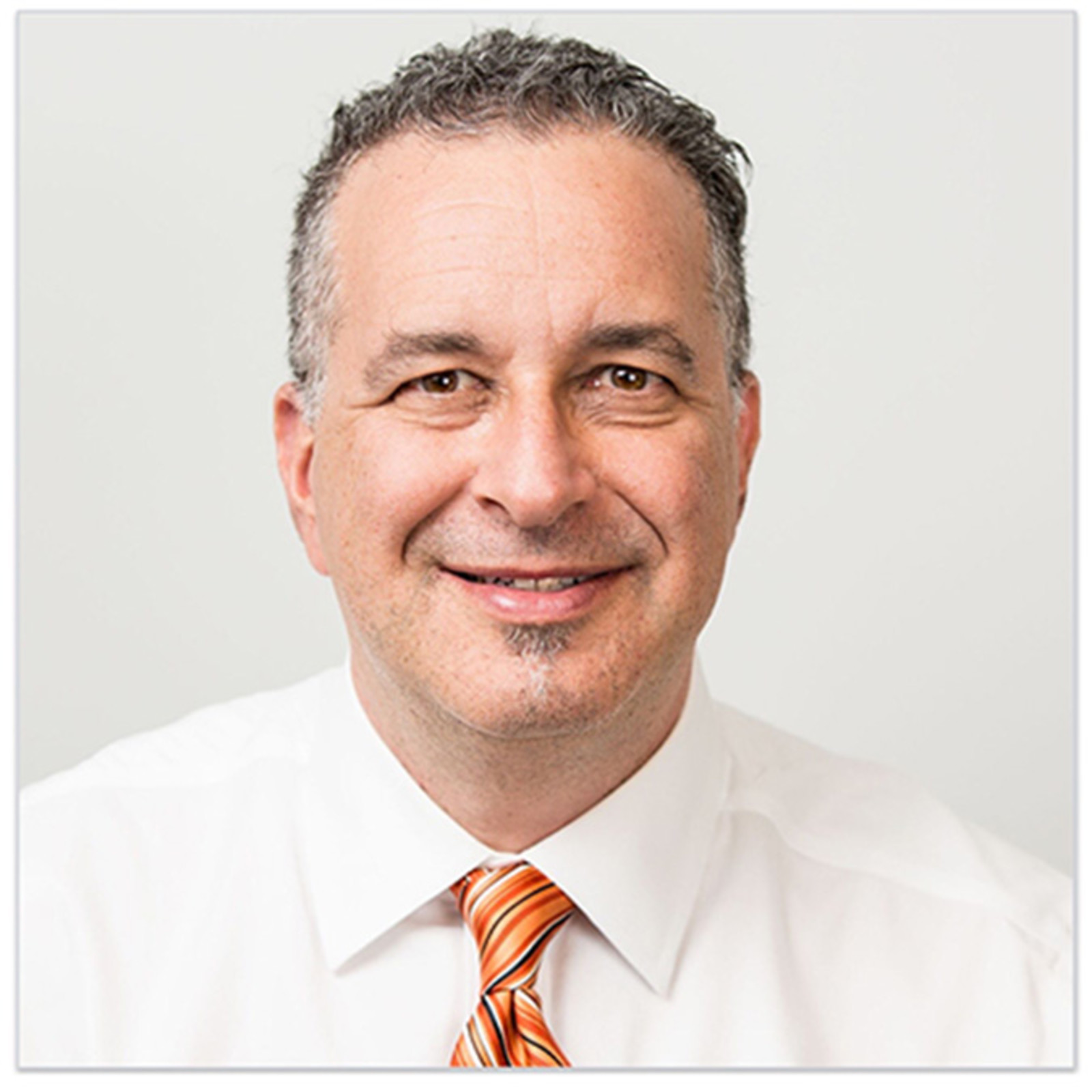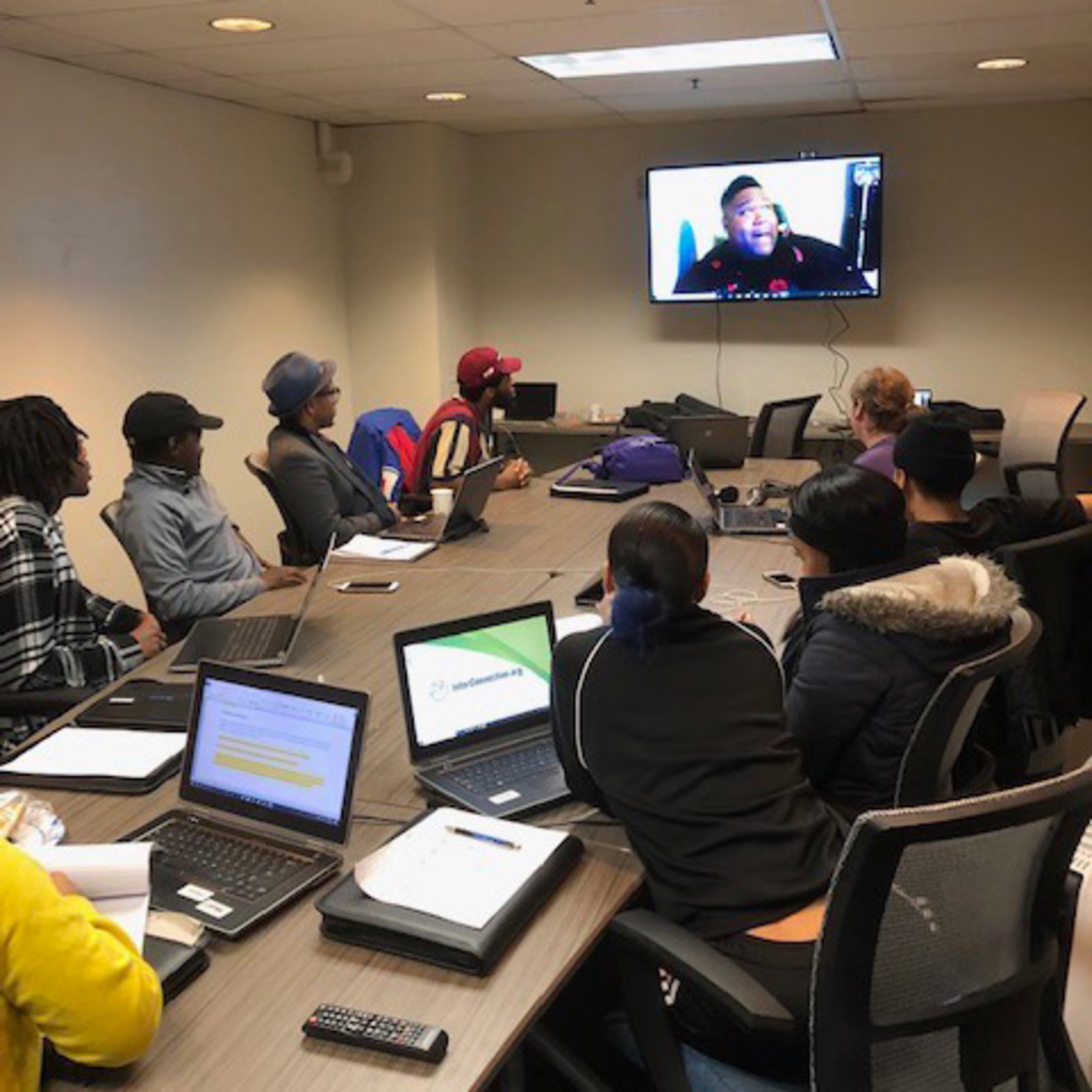Community Carrot Comes to Seattle

Pagliacci Pizza, Molly Moon’s, and other local businesses team up to support a unique Seattle non-profit program that started in Washington D.C. to teach at-risk young adults how to start a small-business.
Alfonzo Gregory, 20, is the founder and sole proprietor of Shoe Resurrection in Washington, D.C. He specializes in restoring high-end sneakers.
“You know how Jordan’s drop shoes every month,” Gregory told WUSA9, a CBS-affiliated TV station in D.C. “People are saying, ‘That’s the same shoe.’ Well, you can keep that same old shoe that you have, and bring it to me, and I can make it look 100 times better than it did before.”
Gregory got his business up and running after going through an entrepreneurship training program run by Community Carrot, a D.C. non-profit. “Wasn’t a lot of programs out there that was trying to accept me, so as soon as DC Community Carrot accepted me, I took it and ran with it. I said, ‘I want to become one of the first success stories,’” Gregory told Washington City Paper.
Community Carrot was founded in 2017 by David Sheon, a former elected member of an advisory neighborhood commission in D.C. who also has years of experience as an executive in public relations. The idea for Community Carrot was conceived at a neighborhood meeting addressing chronic youth unemployment. Drugs and gun violence were persistent problems in the area. One neighbor suggested that many of the corner dealers were “frustrated entrepreneurs.” That sparked the discussion that led to Community Carrot, an entrepreneurial training program for at-risk young people between the ages of 18 and 24.

“The community thought of this idea, we brought it to life,” Sheon says. “The students in this program have ideas that are every bit as creative as people who have millions of dollars in capital. They’ve just never had a voice or an opportunity to shine.”
The seven-month pilot project in D.C. was a big success. The program graduated 13 at-risk young people, including Gregory, many of whom continue to build their new businesses. Others utilize the soft skills and connections they developed in the program in new jobs that help them both save money and hone skills they’ll need to start businesses.
About the same time the local press was heralding Community Carrot’s success, Sheon’s wife got word that her job was being transferred to Seattle. “It was my turn to be the supportive spouse,” he says. The D.C. group hired a new executive director and Sheon immediately began building Community Carrot in Seattle. “The main problem was I only knew about five people in Seattle,” Sheon says.
He reached out to the Accelerator Y, the youth services branch of the YMCA of Greater Seattle, and they offered to help establish Community Carrot in Seattle. But to help fund it, Sheon would also need to raise financial support from local businesses. Through his wife, David met Molly Moon Neitzel, owner of Molly Moon’s, and she loved the idea.
“As a newcomer, I thought of Microsoft, Amazon, Costco, Starbucks,” Sheon said. “But Molly said that there were many small businesses run by successful entrepreneurs that would be interested. Why not start there?”
So Sheon hit the pavement. The Accelerator Y pledged to pay about one third of the program costs, leaving a gap of about $2,500 per participant. That would cover the five-month program, including the cost of each student’s business license and $1,000 per student to help start their own business. Several local companies, including Pagliacci Pizza, helped fund the first cohort and offered to help provide mentoring.
The Accelerator Y and a King County program called Reconnect to Opportunity helped select the students. “We screen for people who have an entrepreneurial bent,” Sheon says. “At any given moment the Accelerator Y has 6,000 active case files of young men and women between the ages of 18 and 24 to whom they’re providing services. Several students from first cohort of twelve comes from King County referrals, the rest from the Y.”
The sixteen-week program requires students to commit to one three-hour class per week, held at the Meredith Mathews YMCA, and a weekly one-on-one meeting with Sheon. Each student also gets paired with a mentor from one of the local businesses supporting Community Carrot. “We wanted our partners to engage with us to help these young people get out of lower-income situations and help them find a path to a sustainable business,” Sheon says. “Students meet with their mentors anywhere from once a month to once a quarter. We intentionally don’t want the mentor meeting more than once a month with the student, because we want the student to really prepare for that meeting, just as you would for an important business meeting.”

After the instruction period, the students enter a job shadowing program which involves going to their mentor’s department and observing. Sheon says, “They will learn how various departments interact, how the company tracks cost of goods, how purchasing works, and see how everything they learned in class comes together in a well-run business. They will get an idea of how a company operates, which will help them picture where they’re going to get to one day.”
Community Carrot in Seattle is off to a great start. Sheon says, “It’s going very well. We met our financial goals. The students are happy and moving in the right direction. In 2019, I’d like to have two classes. By 2020, I’d like to have three or more classes.”
Other Community Carrot partners include: COLOR Creative, Indi Chocolate, Jack’s BBQ, Optimism Brewing, Rachel’s Ginger Beer, and Richey Construction.

